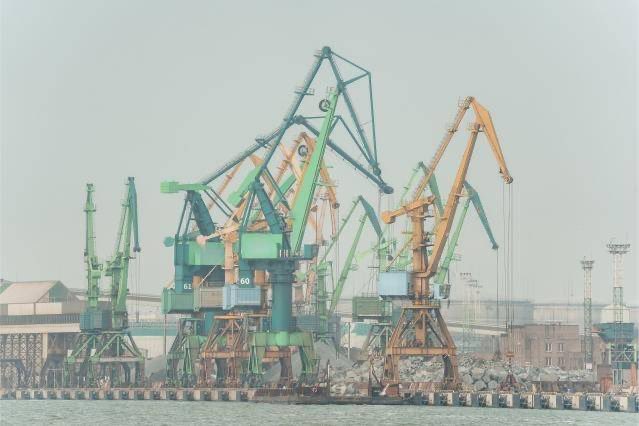Lithuanian Foreign Minister Gabrielius Landsbergis, together with Marius Skuodis, Minister of Transport and Communications, and Kęstutis Navickas, Minister of Agriculture, have addressed the leaders of the European Commission in a joint letter proposing to strengthen the transport route between Ukraine and the Baltic States to ensure alternative routes for the export of Ukrainian grain and other products.
The letter to EU foreign policy chief Joseph Borel, Executive Vice-President of the European Commission Valdis Dombrovskis, European Commissioner for Transport Adina Valean, and Commissioner for Agriculture Janusz Wojciechowski stresses that Russia’s decision to terminate the Black Sea Grain Initiative and the bombing of the port of Odessa worsen an already difficult global food security situation.
The Ministers noted that the Baltic route, a transport route between Ukraine and the Baltic countries, could provide a viable and long-term alternative for Ukrainian grain exports. Improvement of the corridor infrastructure as well as easier handling of goods between the different railway tracks would help to increase transport capacity. Moreover, simplified administrative procedures at the Polish-Ukrainian border and the introduction of green lines and the transfer of customs clearance to the Baltic ports could help transport several times more agricultural produce by road and rail.
“The Baltic infrastructure may become a viable and reliable transit route for Ukrainian products. The Baltic seaports have a large handling capacity of agricultural products totaling 25 million tons per year for grain alone,” the letter said.
In their letter, the Ministers called the Commission for an active cooperation with all EU Member States to ensure the transit of Ukrainian products and assess specific measures proposed by Lithuania to strengthen the alternative Baltic route.

